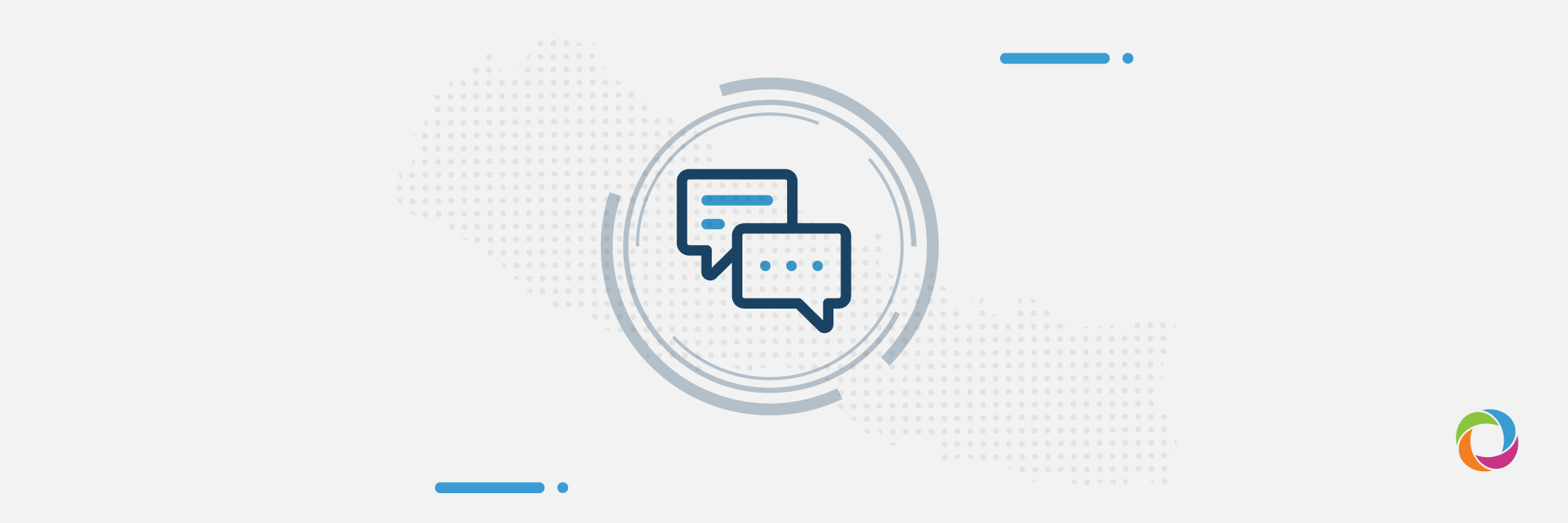Stating that an equal and inclusive society demands the inclusion of voices from all paths and experiences, the United Nations (UN) Nepal and Development Partners (DPs) in Nepal today issued a checklist pledging to promote diversity in dialogue.
Perceiving that historically marginalized groups including women, gender minorities, those with disabilities, those from the Dalit community, youth and ethnic minorities continue to be underrepresented in public forums, the UN and DPs in Nepal have urged a conscious choice be made to enable the better representation and create diversity in dialogue.
“It demands that we do not give center stage to the loudest and most visible voices, but recognize the diverse expertise and experience held across our society, including differing views,” the joint statement read. Panels that are largely homogenous, often all male and of similar socio-economic backgrounds, perpetuate the under and misrepresentation of women and other marginalized groups, it added.
Underscoring that the manels (all-male panels) result in the silencing of multiple arguments and expertise and reinforce singular narratives and beliefs, the UN and DPs observed “It is weakening the diversity of role models that the public sees as legitimate experts.”
The UN and DPs have called upon organizers of public events to increase women’s representation on panels by saying no to all-male panels. They have also called for ways to explore bringing in diverse voices and relevant perspectives of individuals who have limited access to public platforms and to facilitate the use of native languages to enable inclusive participation in dialogues to foster inclusivity both on panels and in the audience.
The proposed checklist for public events calls for consideration to be given to the gender, caste, ethnicity, and minority indigenous community representatives, socio-economic status and different types of disabilities, age and geographical location and minorities such as gender and sexual minorities and religious communities so as to increase the representation among both speakers and participants.
In addition to using sign language interpretation, closed captioning, and other accessibility measures to facilitate access to those with disabilities, organizers are urged to maintain a database of experts in different fields to improve gender balance and diversity.
Other recommendations that the UN and DPs in Nepal made to promote diversity in dialogue include developing a database of women experts, creating a conducive environment for diverse panelists, exercising flexibility when deciding the time of the meeting, strengthening the voice and agency of women and marginalized groups, ensuring fair publicity of women and marginalized groups that do not perpetuate gender stereotypes and allows them to be on an equal footing, promoting the use of gender-sensitive language and considering prioritizing the procurement of services and goods from women and minority-owned business when organizing events.
The recommendations made for panelists include encouraging organizers to consider introducing diverse voices and perspectives to enrich discussions, pointing out resources and tapping into the network to identify diverse speakers, and to consider withdrawing from an event if no actions are taken to achieve diversity. Furthermore, they are urged to point out a lack of diversity in the forum and to caution the audience that any discussion would not be all-inclusive without fair representation.
The DPs that joined together with the UN to launch the diversity in dialogue initiative in Nepal include the Asian Development Bank, the Australian Government, the European Union, British Embassy, British Council, European Investment Bank, Ministry of Foreign Affairs of Finland, Embassy of France in Nepal, Embassy of the Federal Republic of Germany, Japan International Cooperation Agency, Norwegian Embassy in Kathmandu, Embassy of the Republic of Korea in Nepal, SNV, the Swiss Agency for Development and Cooperation, USAID and the World Bank Group.

